[ad_1]
Timber must be staked after planting solely in certain circumstances. This isn’t actually considered one of them and may do the bushes additional harm than good.
It’s a generations-long conduct for lots of gardeners and landscapers, nonetheless 90% of the time, a model new tree needs no staking. Really, staking a sapling usually does additional harm than good.
I see it far and wide, every spring: newly planted bushes staked with wires like they’re being held prisoner. I give each tree a glance, and it’s evident that almost all are planted too deep – no root flare could also be seen. And on the bottom of the trunk, the burlap that surrounded the premise ball is peeking up from the soil (burlap must always be eradicated because of it doesn’t decompose throughout the planting hole).
Poor tree – it gained’t be on this world for prolonged. That’s the type of “shade” I throw when strolling my canine – silently and with a watch roll, the truth is.
Why staking could also be harmful to a tree
Staking a tree that does not need it could properly do additional harm than good. Movement of the trunk helps strengthen it by thickening it and giving it taper from bottom to prime. Trunk movement moreover stimulates root progress. So although staked bushes might develop taller faster than their unstaked counterparts, their trunks are weaker and their root strategies are a lot much less developed.
It seems logical {{that a}} sapling might need barely help to remain straight and upright in its first few seasons. Nevertheless providing help is counterproductive to long-term tree properly being and what’s occurring underground.
When you stake a tree, a dependent relationship is created between the tree and its stakes. The result is the sapling doesn’t develop appropriately. Notably, its trunk and roots do not develop as wished for the placement.
Staking moreover restricts the occasion of the xylem, the vascular tissue that conducts water and nutritional vitamins up from the roots and helps sort picket. The tree also can develop wounds as a result of the wires or supplies rub in direction of the youthful bark.
The idea of the problem
When it has “help” via wires and stakes, the tree has no should develop a robust root system and a sturdy trunk that will anchor it by thick and thin. When supported with stakes, the tree will develop tall nonetheless not as sturdy or broad as a result of it should be for the placement. Later, as soon as you’re taking away the stakes, the undeveloped trunk and roots make the tree vulnerable to easy breakage of limbs and may be blown down in extreme winds or hurricane. Conversely, when a tree should not be staked, it responds independently to water, mild, and wind and its trunk and roots grows accordingly.
Linda Chalker Scott from the Faculty of Washington gives a fantastic rationalization: “A comparative occasion is what’s seen when forests are cleared for housing development. A few bushes near the center of the stand are left on the heaps; these bushes are tall and skinny with well-developed crowns. Nevertheless throughout the first good windstorm, down these bushes come. They’ve misplaced the supportive security of the surrounding bushes and are unable to face alone.” (see the hyperlink underneath for her article on staking)
Staking a tree may trigger totally different points, too
Furthermore, improper staking may trigger excessive harm to the tree. Suppose the tree is tied too tightly to the stake. In that case the tree can become girdled, meaning the bark is unintentionally eradicated in a strip spherical its circumference. This weakens and usually kills the tree. On the very least, it limits the tree’s progress and long-term properly being.
Too-tight staking may even set off the tree’s trunk to develop erratically. If the trunk above the wires can switch, nonetheless not underneath, the upper portion of the trunk may become thicker than the trunk underneath the wires. This impacts the modern journey of water and nutritional vitamins up and down the trunk. Conversely, when a tree is tied too loosely, the bark is frequently rubbed, which might set off wounds that not at all heal appropriately.
When is it okay to stake a tree?
Usually, it’s utterly proper to stake a tree:
- If the sapling’s root ball is underdeveloped as compared with the trunk and crown. Nevertheless within the occasion you uncover that’s the case with a tree to obtain at a nursery, you will need to return it asap, as a result of it signifies improper care. Planting it may end in a bunch of various points.
- Within the occasion you’re planting on a slope, in very moist soil, or on an particularly windy web page.
- Within the occasion you’re planting in containers on a rooftop yard, the place the tree may be uncovered to wind. In a container, the roots don’t have adequate soil to anchor appropriately, so additional help is appropriate.
- In metropolis areas the place there could also be poor soil (from air air pollution, foot guests, and so forth.) In these areas, stake the tree for the first season and provide free security throughout the trunk to guard in direction of people, animals, and mechanical gear. After the first season, take away the stakes and wires. It’s non-obligatory to depart the trunk guard on, however it need to be resized every season to allow for trunk progress.
- In certain agricultural rising circumstances, like dwarf apple bushes.
- In ornamental gardens the place the bushes are being fashioned.
If the state of affairs is appropriate and a panorama tree requires staking the first season, use sturdy metallic or picket stakes to anchor the tree. Under no circumstances use wire or rope between the stakes and the tree because it may harm the bark in extreme strategies. As a substitute, use a snug supplies akin to outdated t-shirt material or outdated pantyhose. The tree needs to maneuver, not be held captive and the comfy supplies gained’t harm the bark.
Take away the stakes as shortly as attainable so the tree can develop appropriately. To seek out out if the tree is ready, push gently on the trunk and take a look on the foundation house. The tree ought to appear anchored, and the premise ball should not be transferring. If that’s what you see, take away the stakes.
Sources: The Delusion of Staking, Linda Chalker-Scott, Washington State Faculty (pdf receive); To Stake or Not To Stake, Efficient Gardening; Dos and Don’ts of Tree Staking, LSU Ag Coronary heart; Stake or Not To Stake, That is The Question?, Purdue Faculty Panorama Report.
[ad_2]
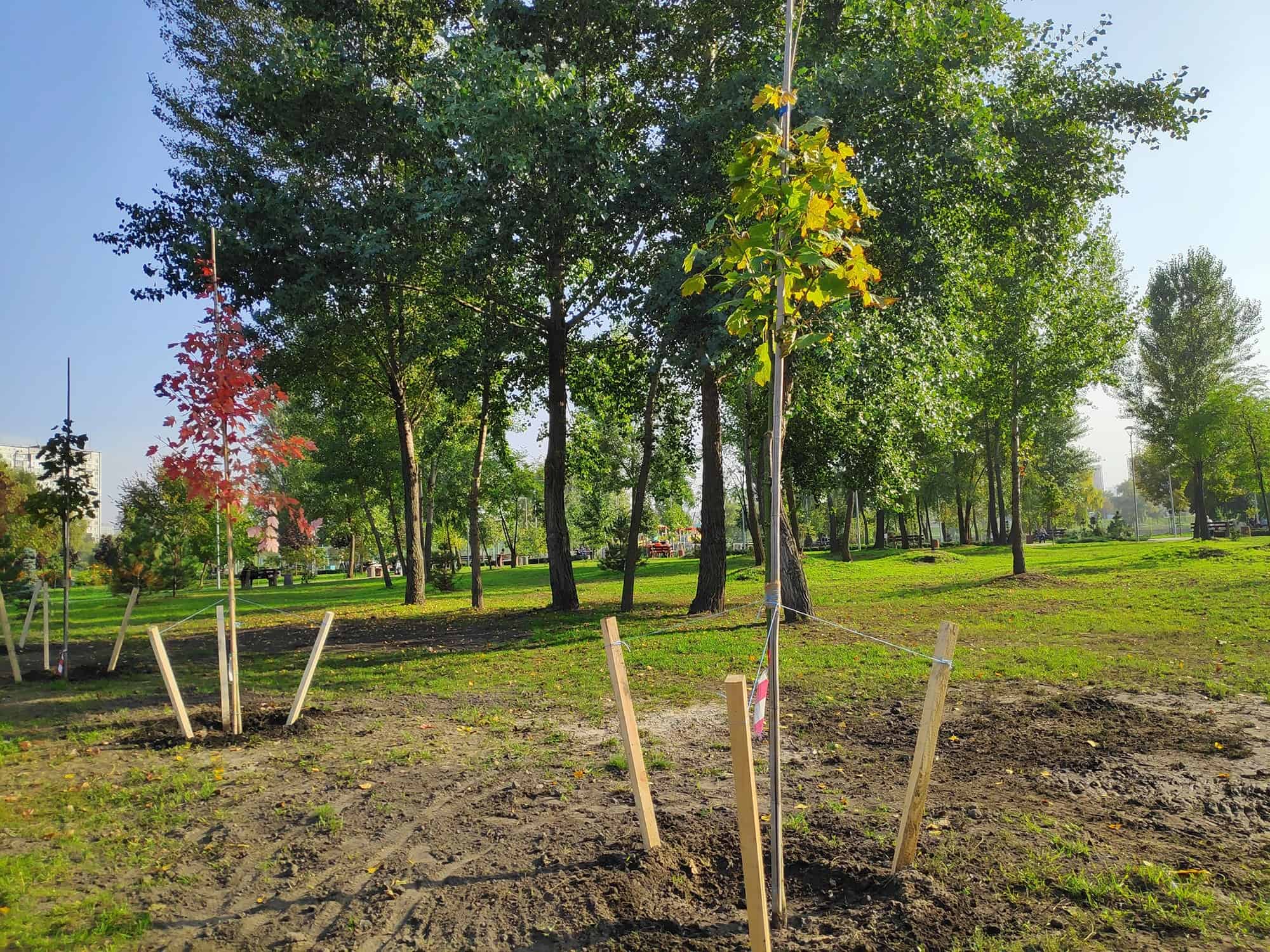
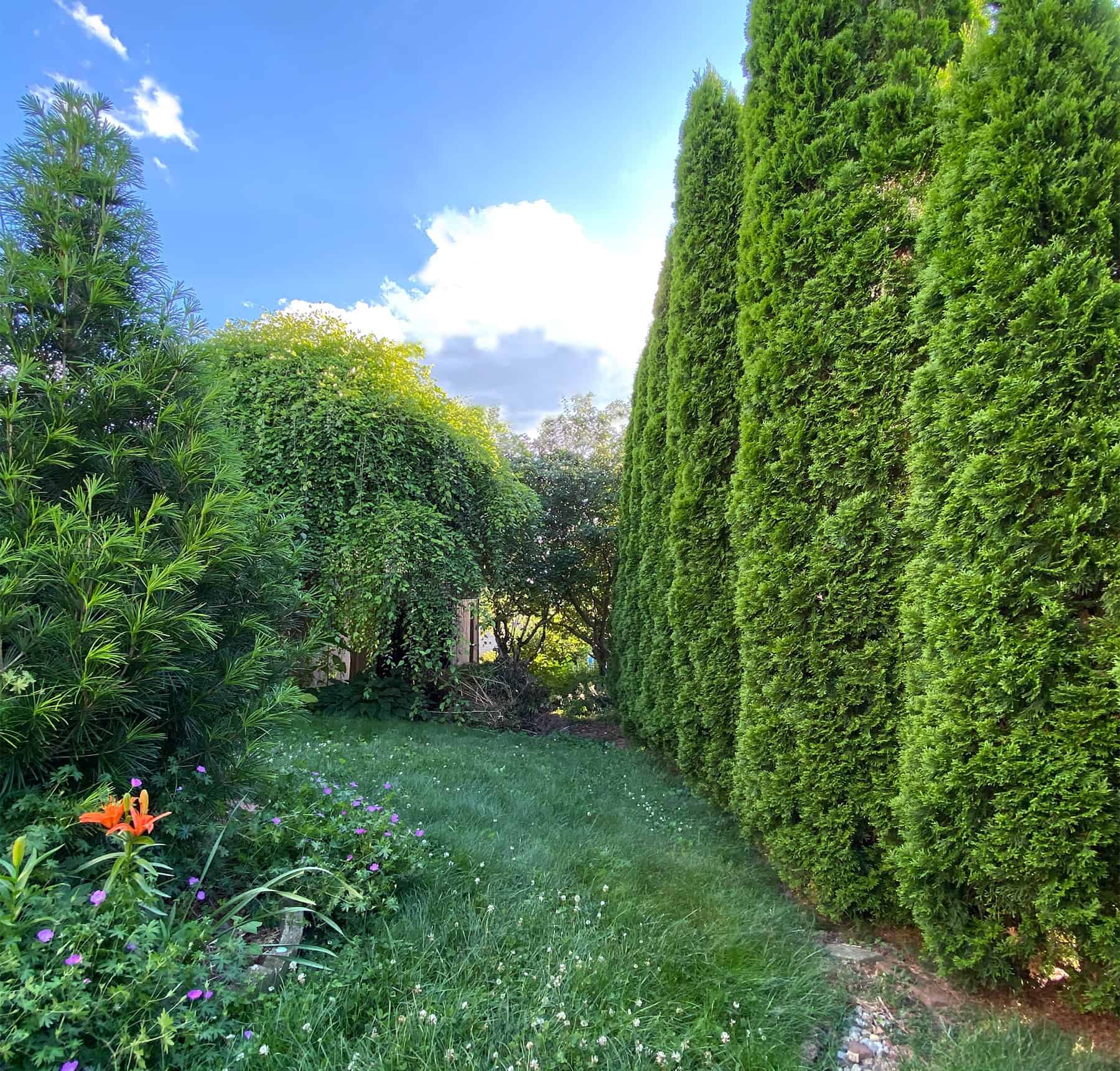
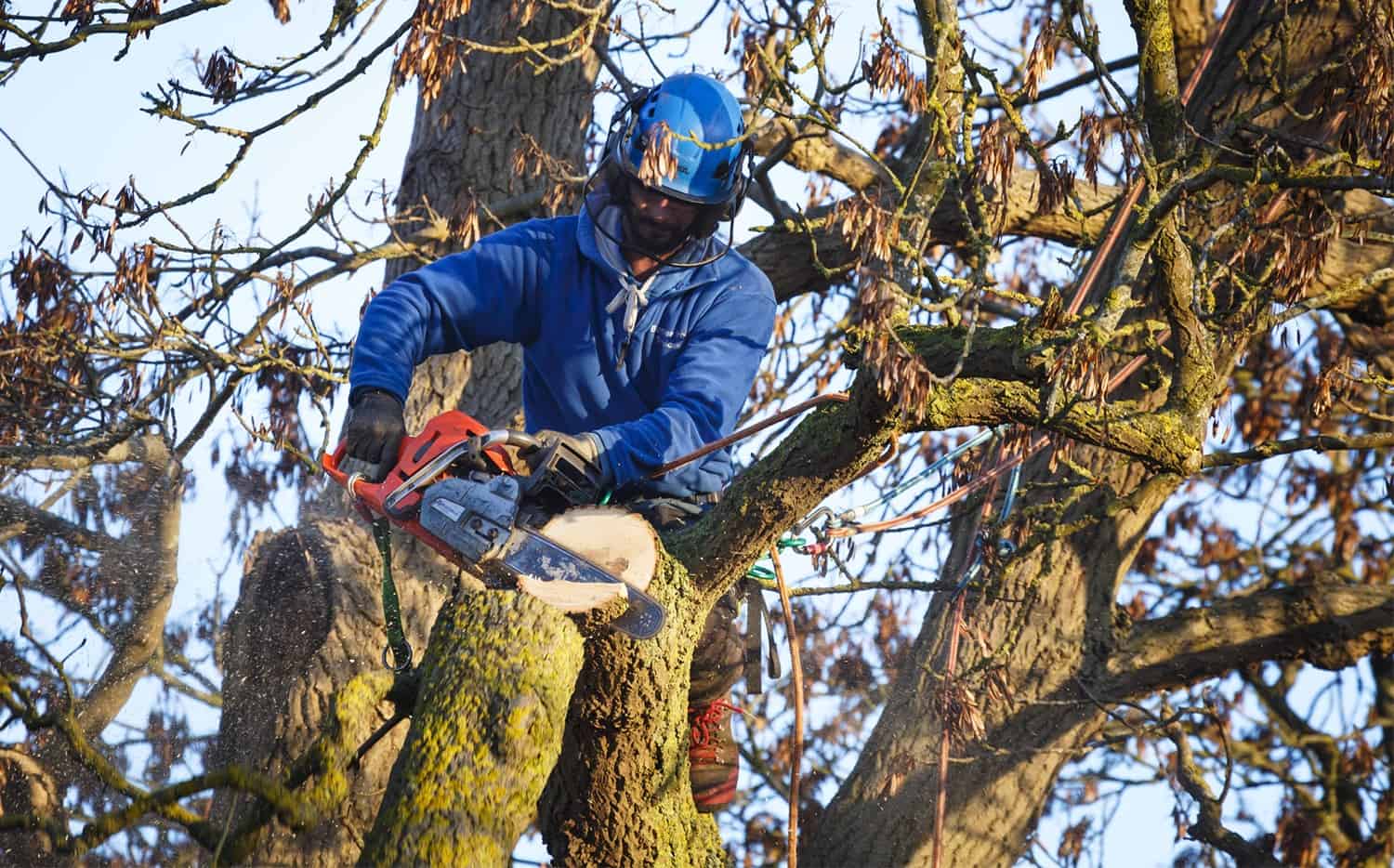
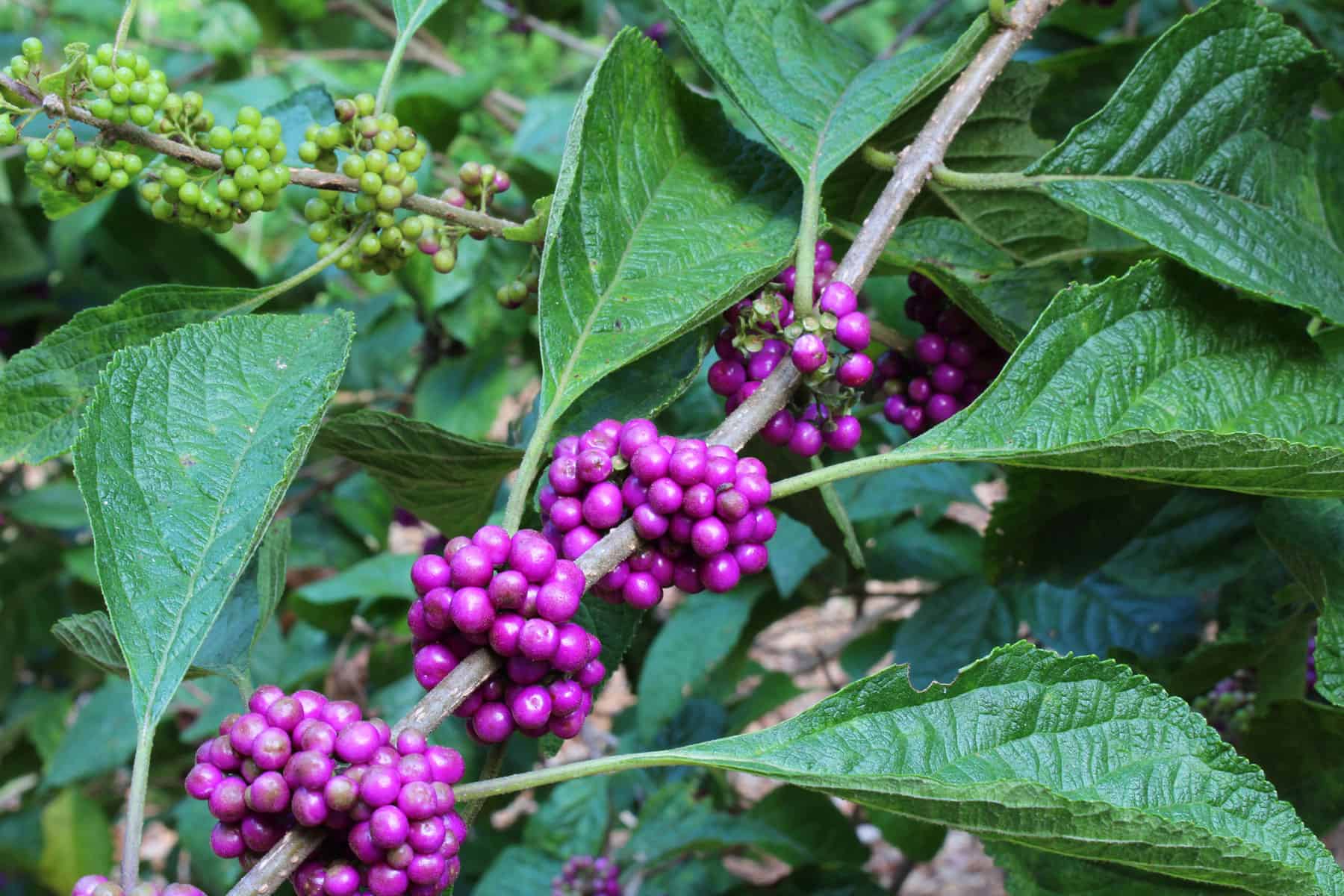
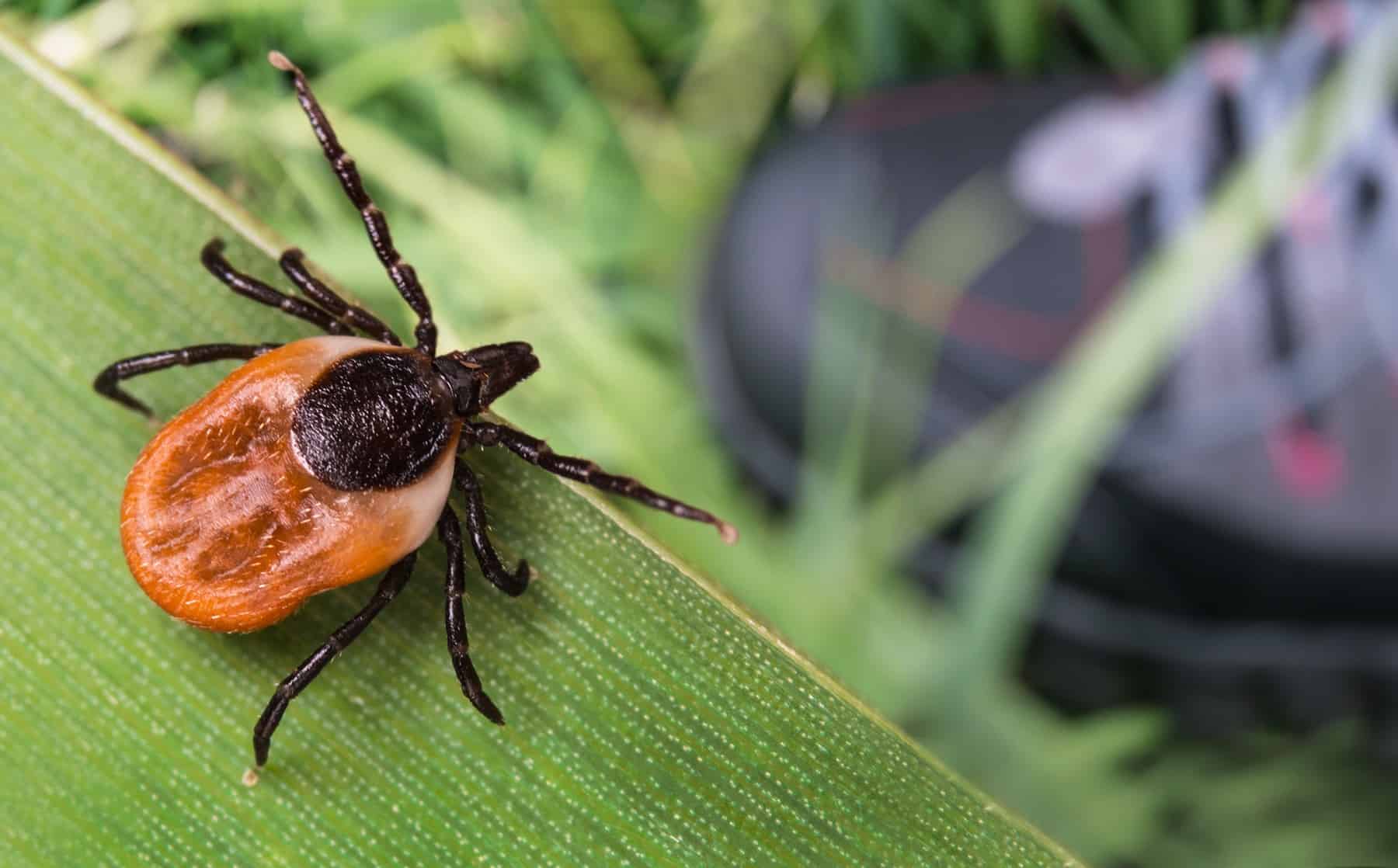
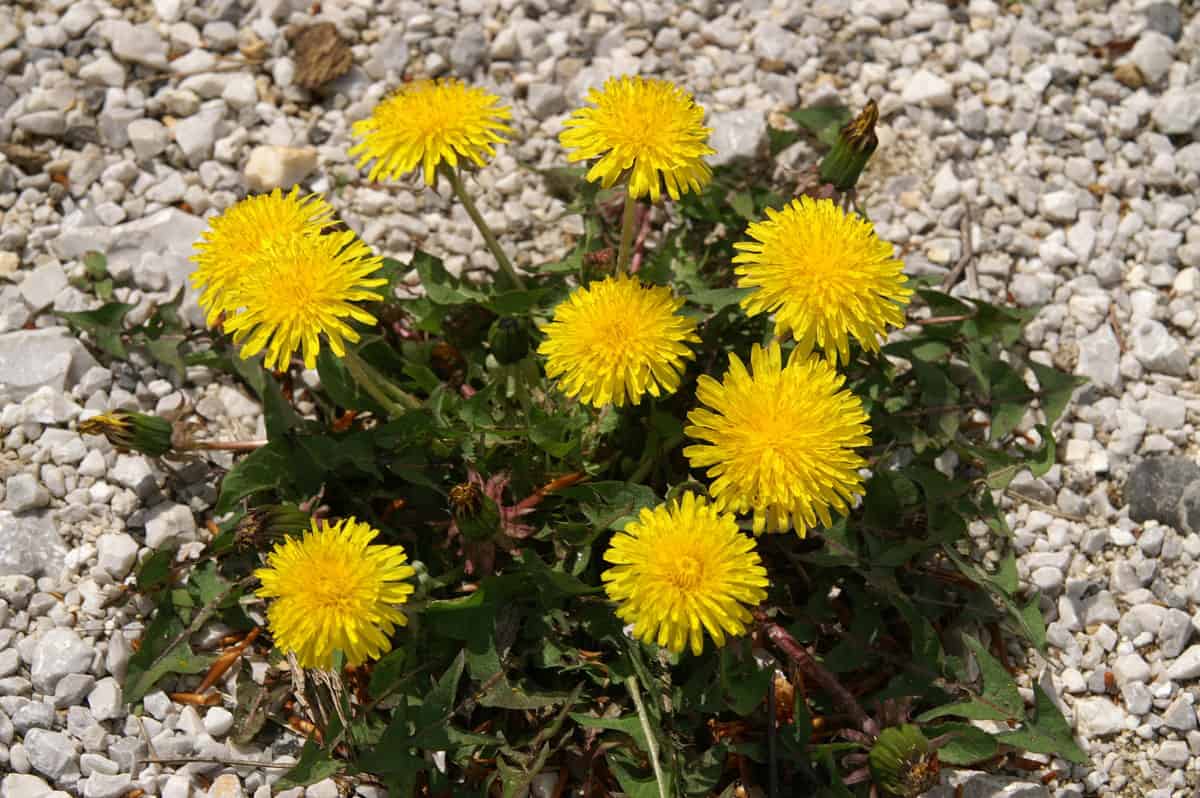
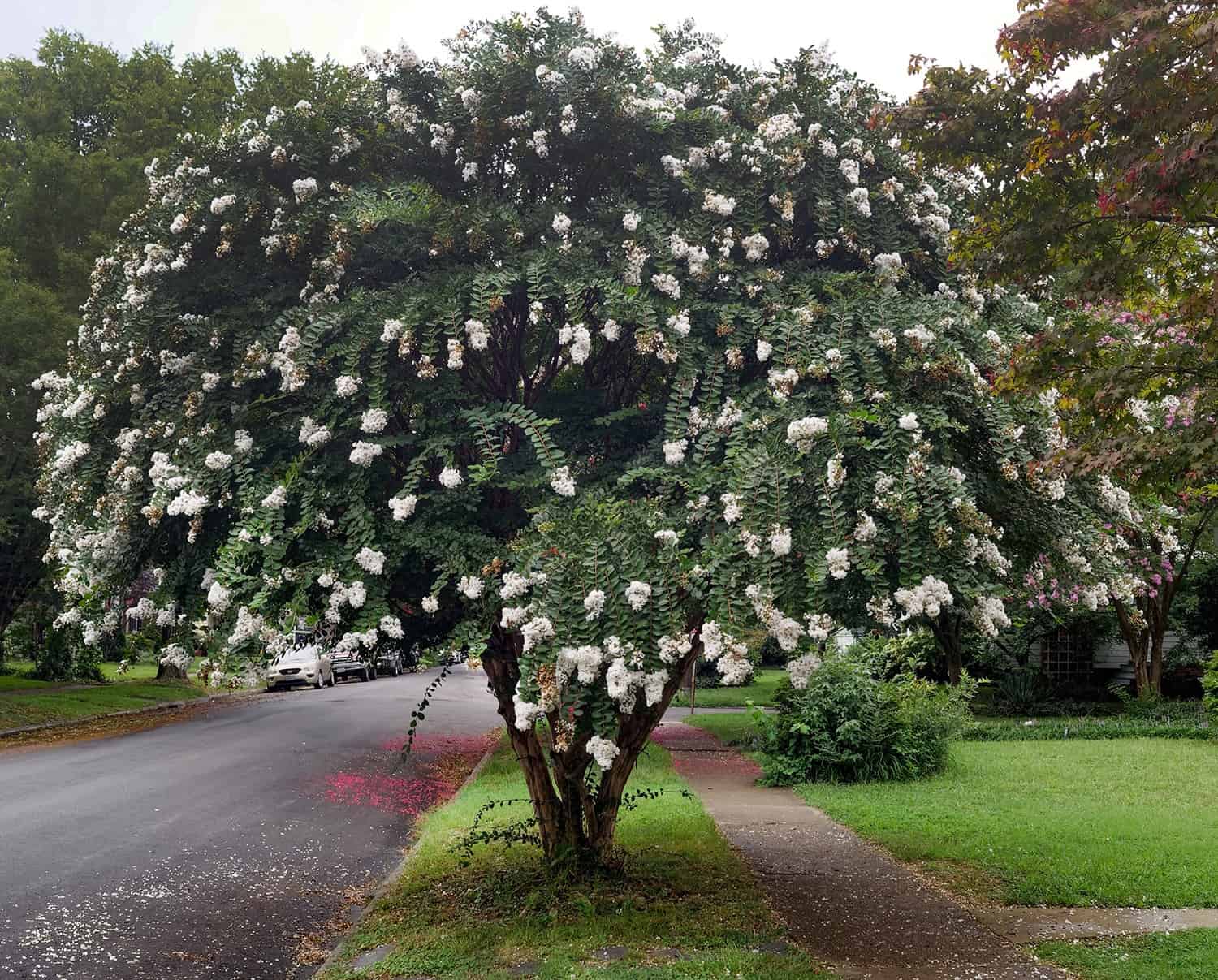
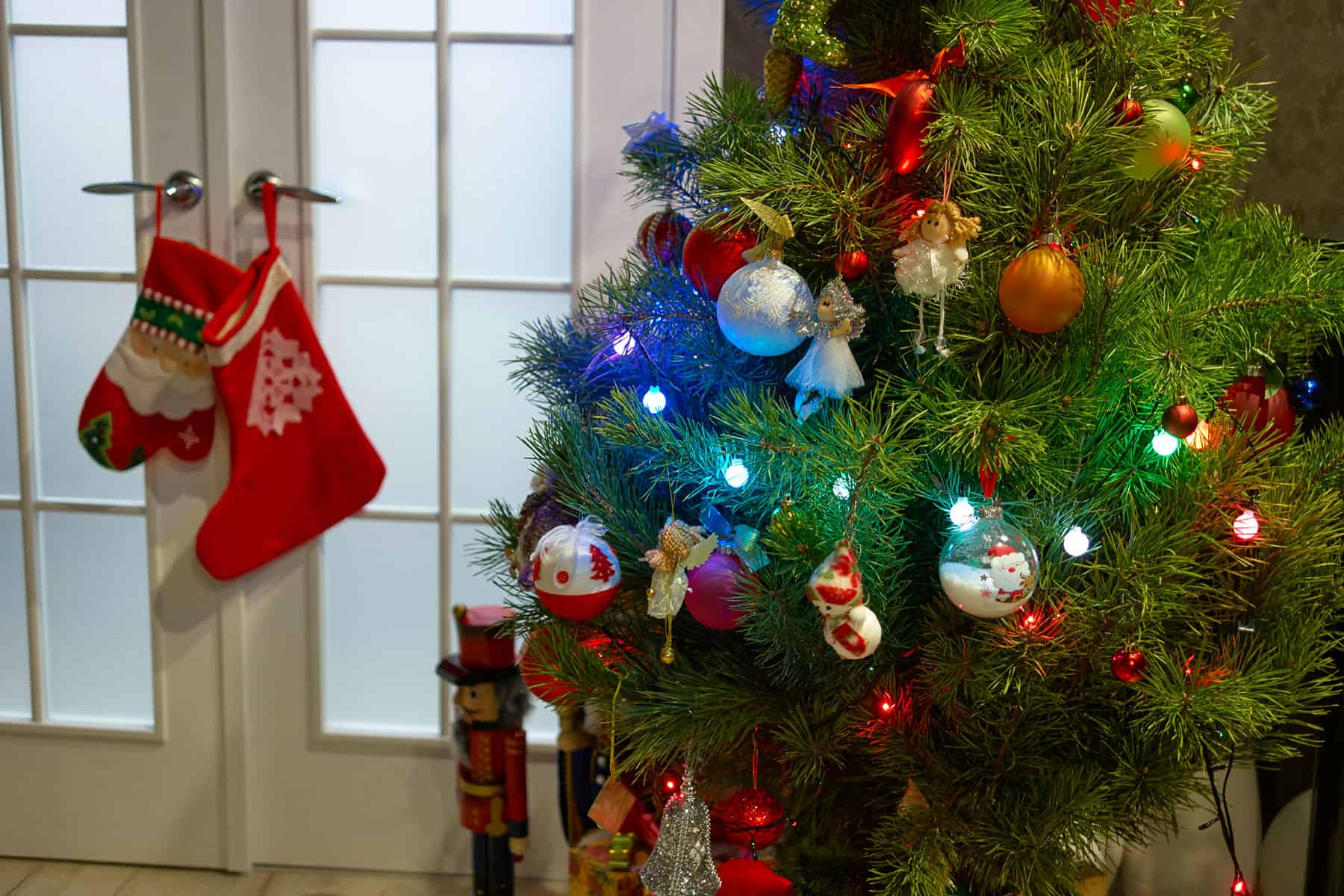
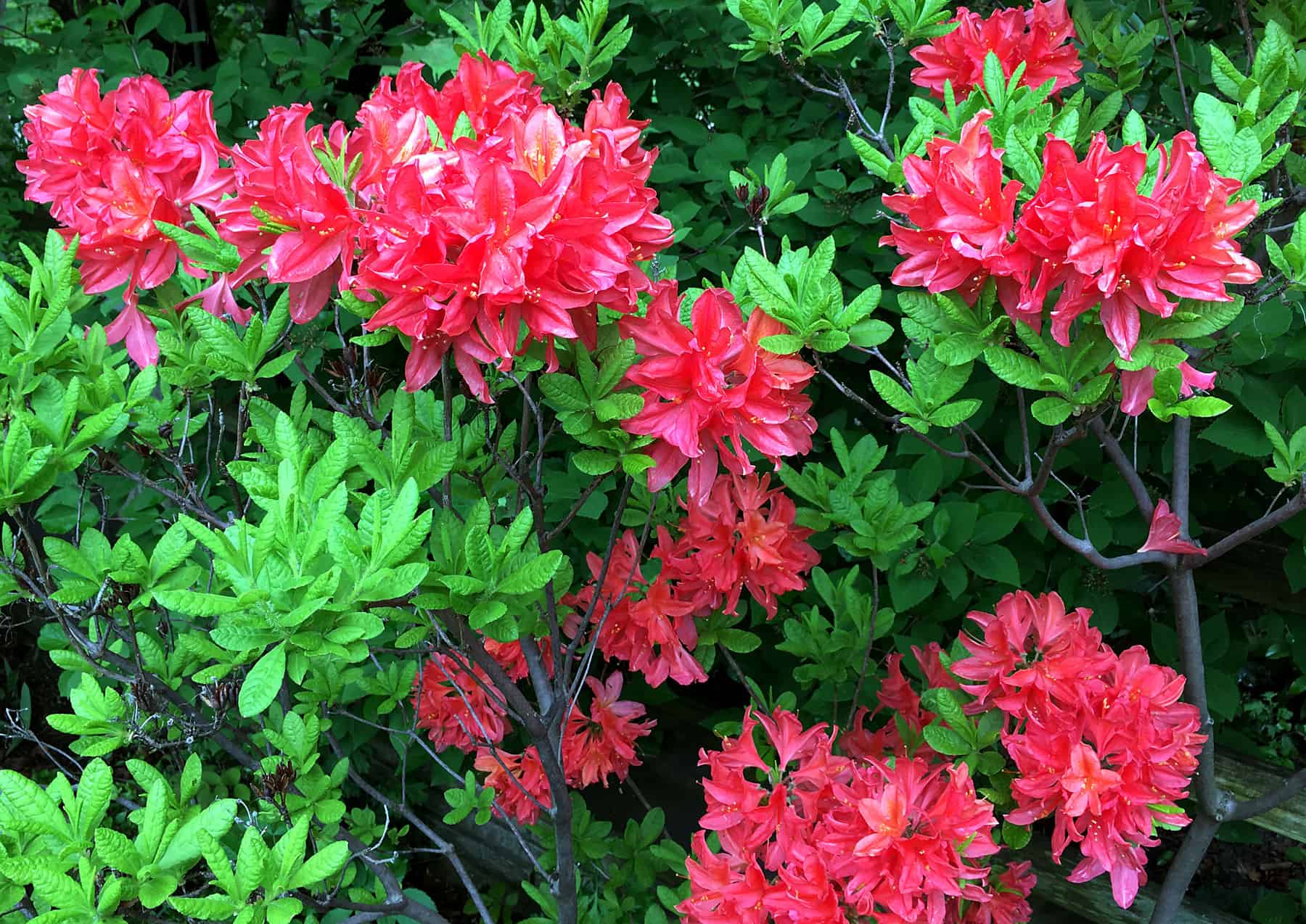
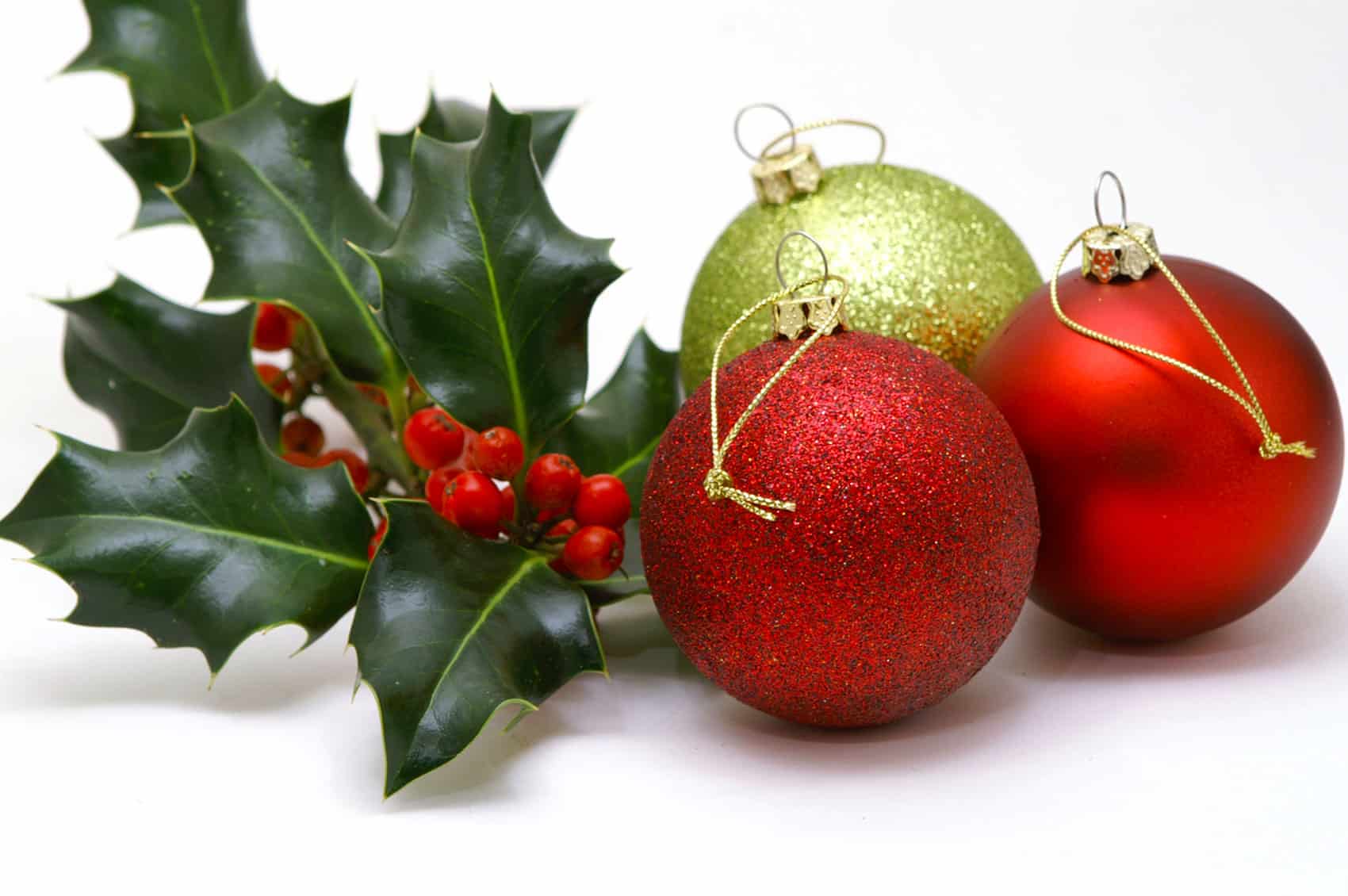
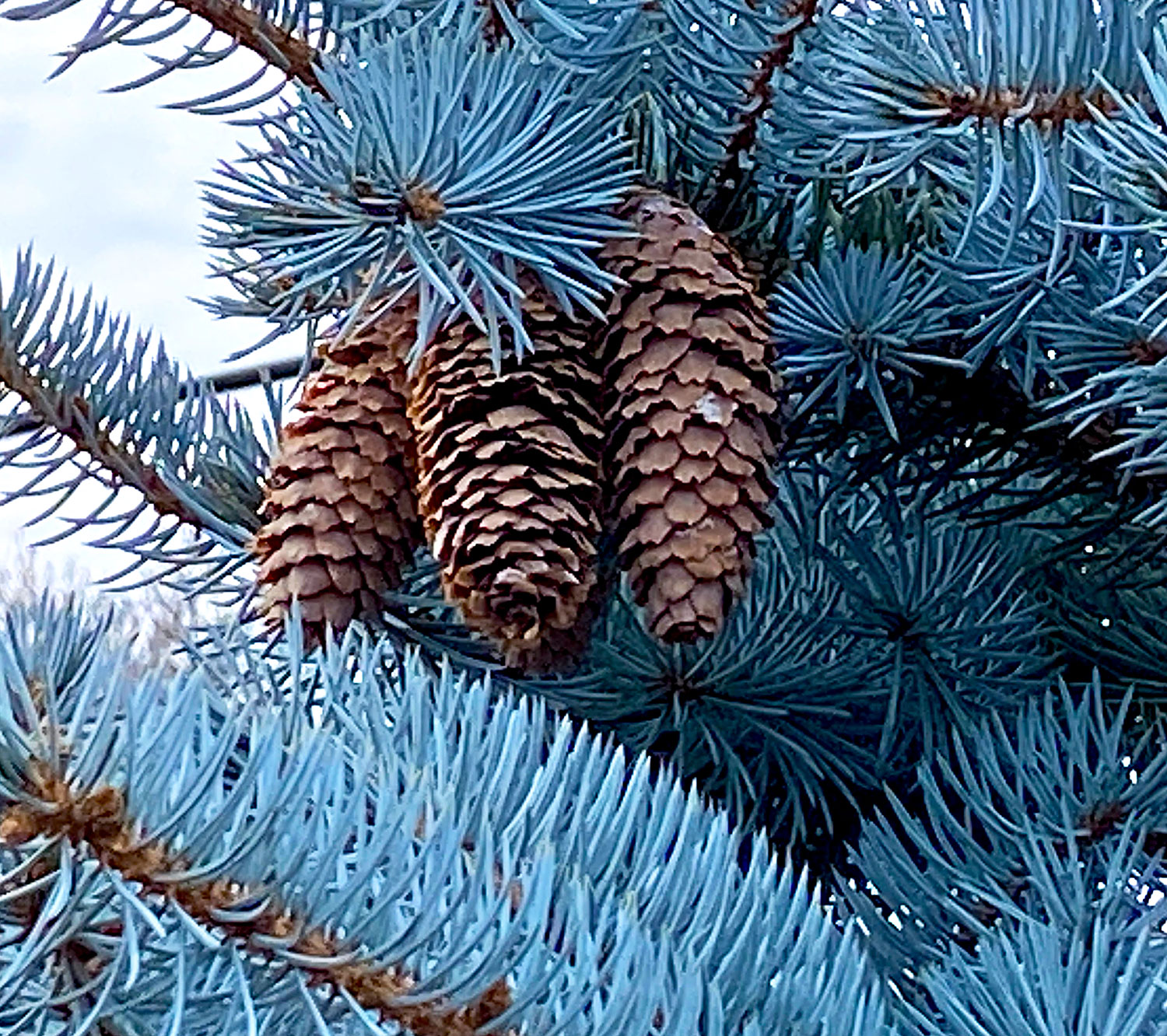
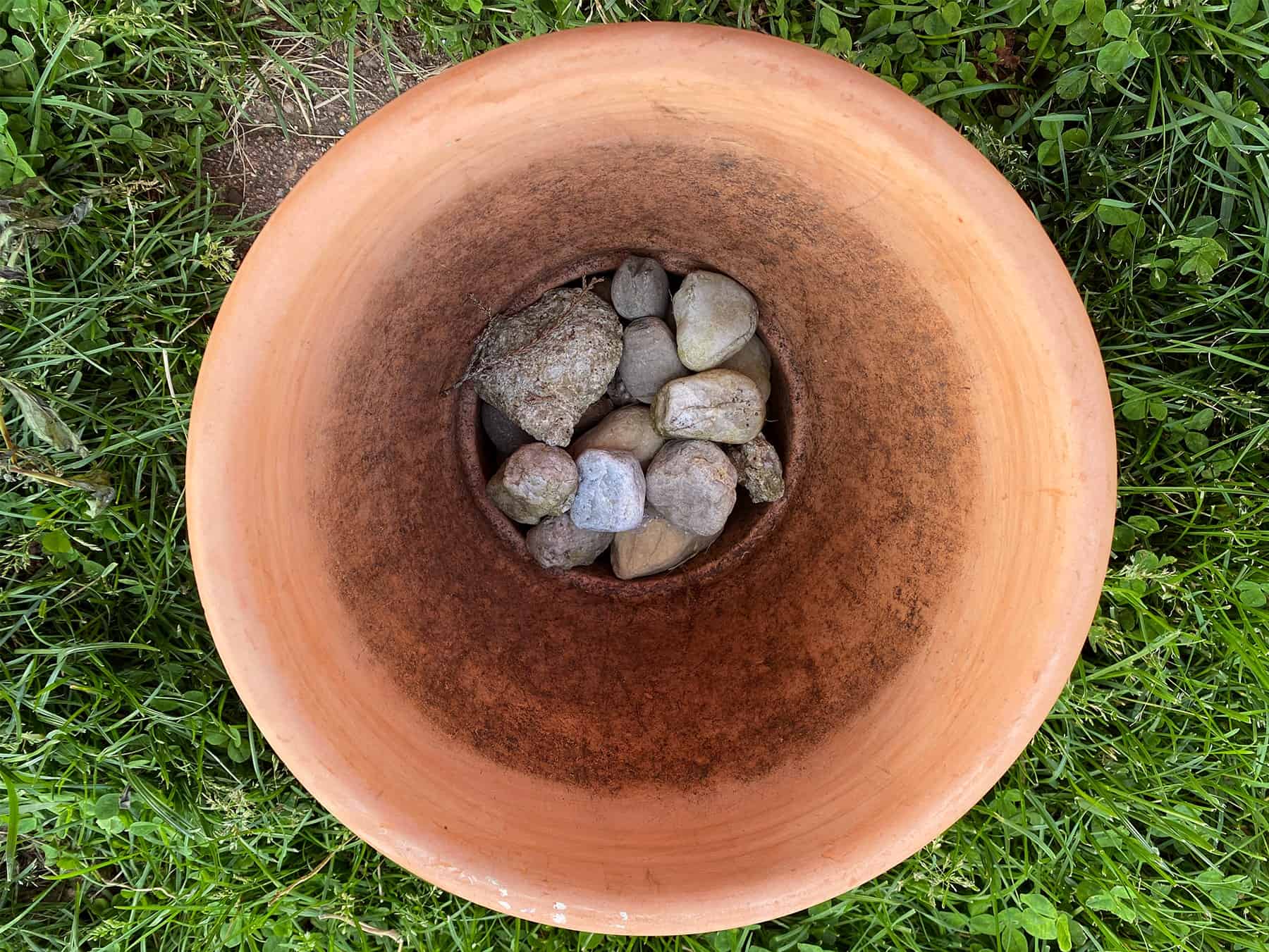

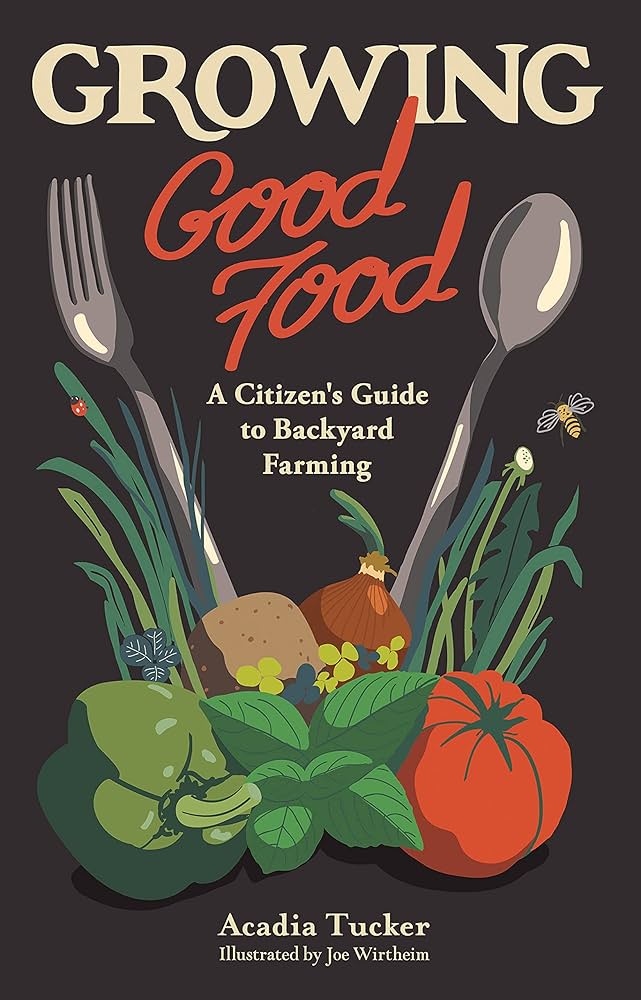
Leave a Reply